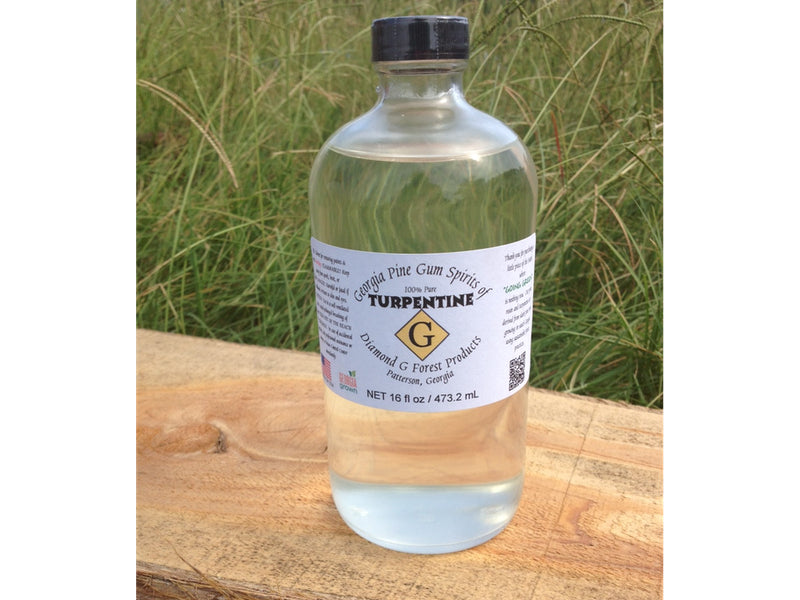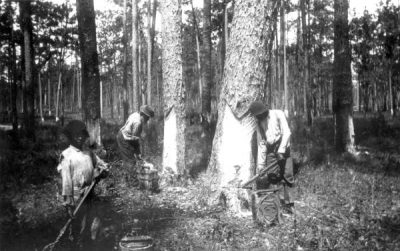
North Carolina and the Turpentine Trail
Historian David Cecelski writes about North Carolina losing its stranglehold on the naval stores industry after the American Civil War, forcing workers to follow the "turpentine trail" in search of untapped longleaf pine forests in other southern states.
North Carolina acquired the nickname, “the Tar Heel State” due to its relationship with tar, pitch and turpentine. The occupation was considered a

Tar Heels: North Carolina's Forgotton Economy: Pitch, Tar, Turpentine & Longleaf Pines
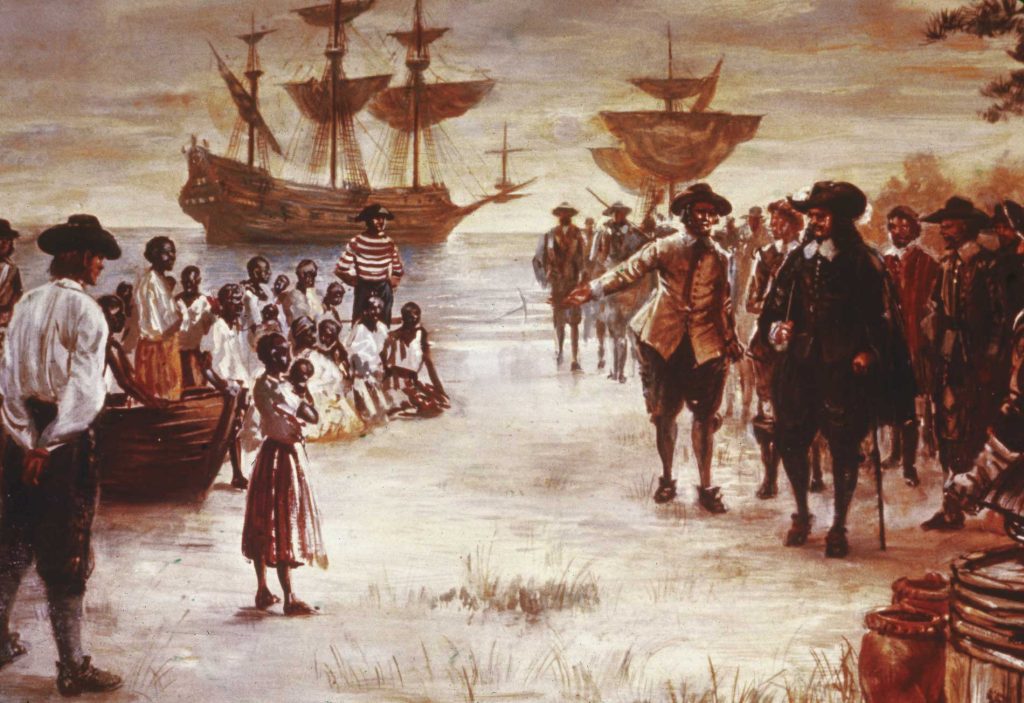
Conclusion - The Transatlantic Slave Trade
Chapter 3 Village of Pinehurst, NC
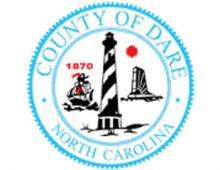
Dare Looks at Zoning to Increase Housing
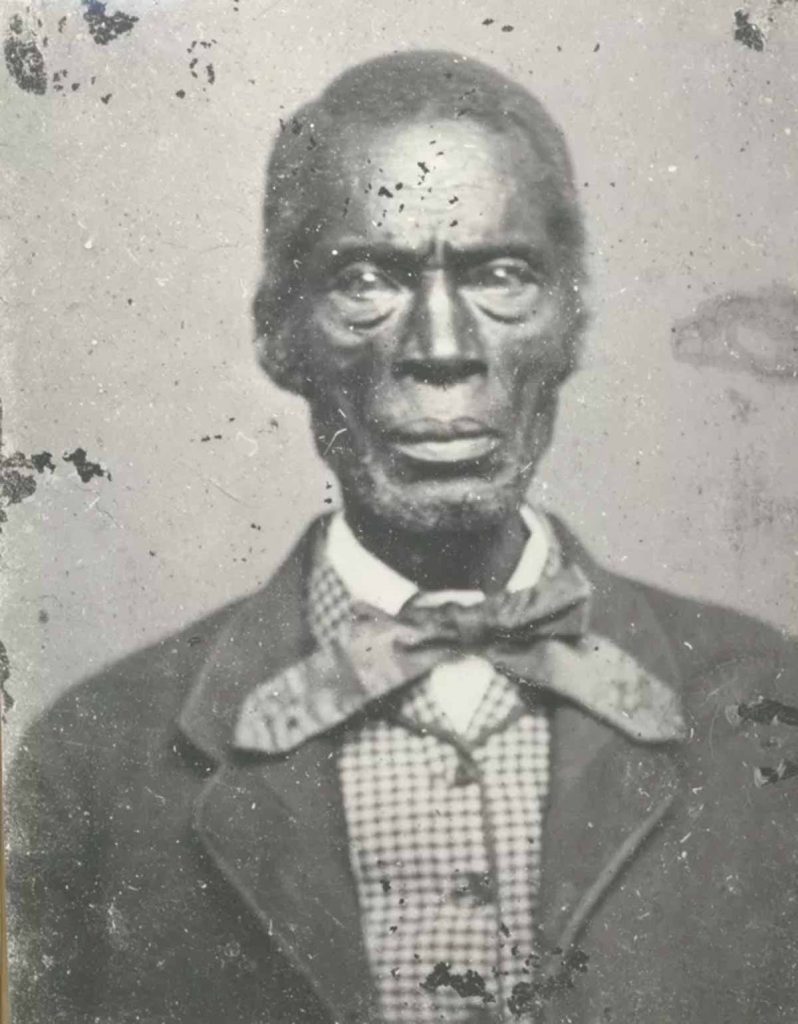
Virginia - The Transatlantic Slave Trade

502 Turpentine Trl, Jacksonville, NC 28546

504 Turpentine Trail, Jacksonville, NC 28546 - House Rental in Jacksonville, NC

Year of the Trail: Longleaf Pine Trail, Part 2

About Clemmons ESF
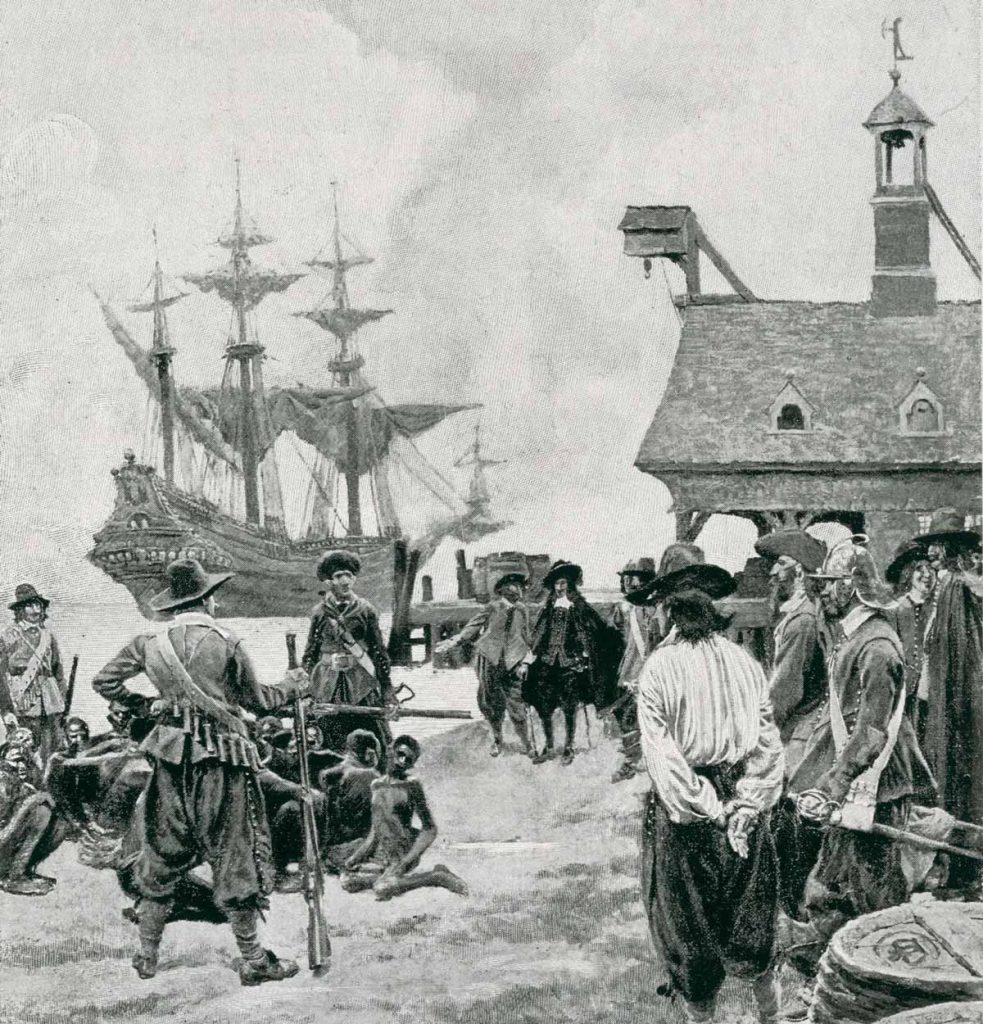
The Carolinas - The Transatlantic Slave Trade

Saving Our Savannas Resources - North Carolina Botanical Garden

North Carolina and the Turpentine Trail

Topsail Hill Preserve State Park: Turpentine Trail, Deer Track Trail, Morris Lake Trail, and Old Growth Trail, Santa Rosa Beach, Florida - HIKING THE APPALACHIANS AND BEYOND

